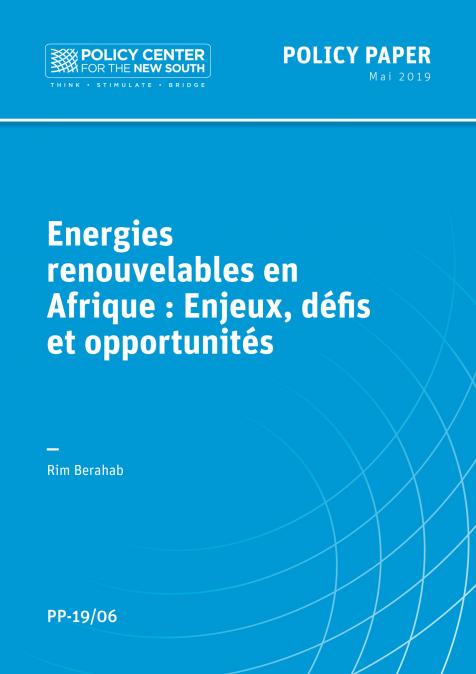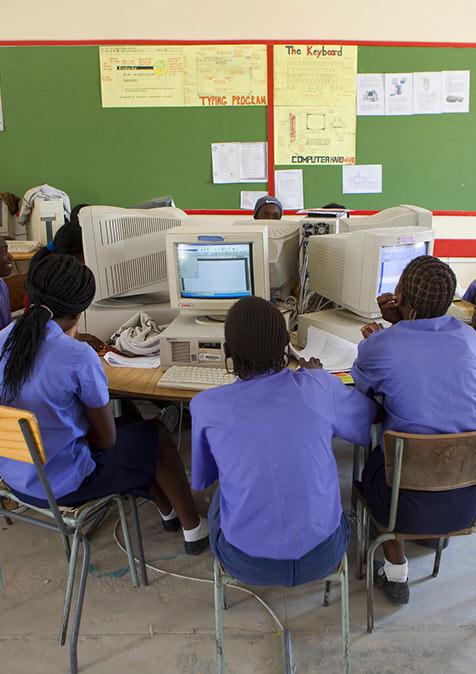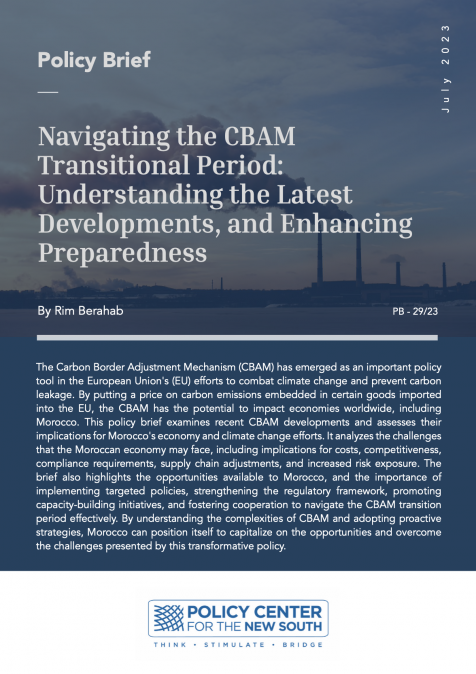Publications /
Policy Paper
Les pays du continent africain ont connu une croissance sans précédent au cours des deux dernières décennies. L’énergie, pilier fondamental du développement économique, politique et social, demeure toutefois un des principaux défis auxquels ils sont confrontés. En effet, la majorité des pays d’Afrique se heurte à un manque important d’accès à l’énergie. Alors que les combustibles fossiles continuent de dominer leurs mix énergétiques, ces pays sont dotés d’abondantes ressources en énergies renouvelables qui peuvent rendre l’énergie à la fois abordable, fiable et durable. Au cours des dernières années, les stratégies de déploiement des énergies renouvelables en Afrique ont pris de plus en plus d’ampleur, grâce à la conjonction de plusieurs facteurs, tels le dynamisme de l’activité économique, la croissance démographique rapide et la baisse des coûts technologiques des énergies renouvelables. Néanmoins, plusieurs défis liés à leur financement, à la réglementation et aux politiques publiques entravent encore l’accroissement des investissements à leur encontre. Relever ces défis devient essentiel pour les pays africains afin de tirer parti de leurs abondantes ressources renouvelables et mener à bien leur transition énergétique.









